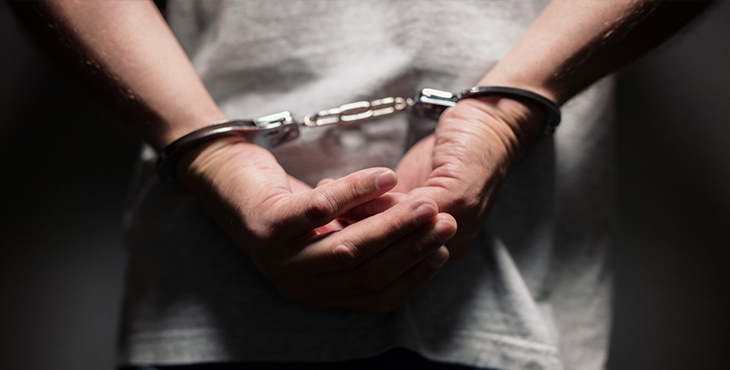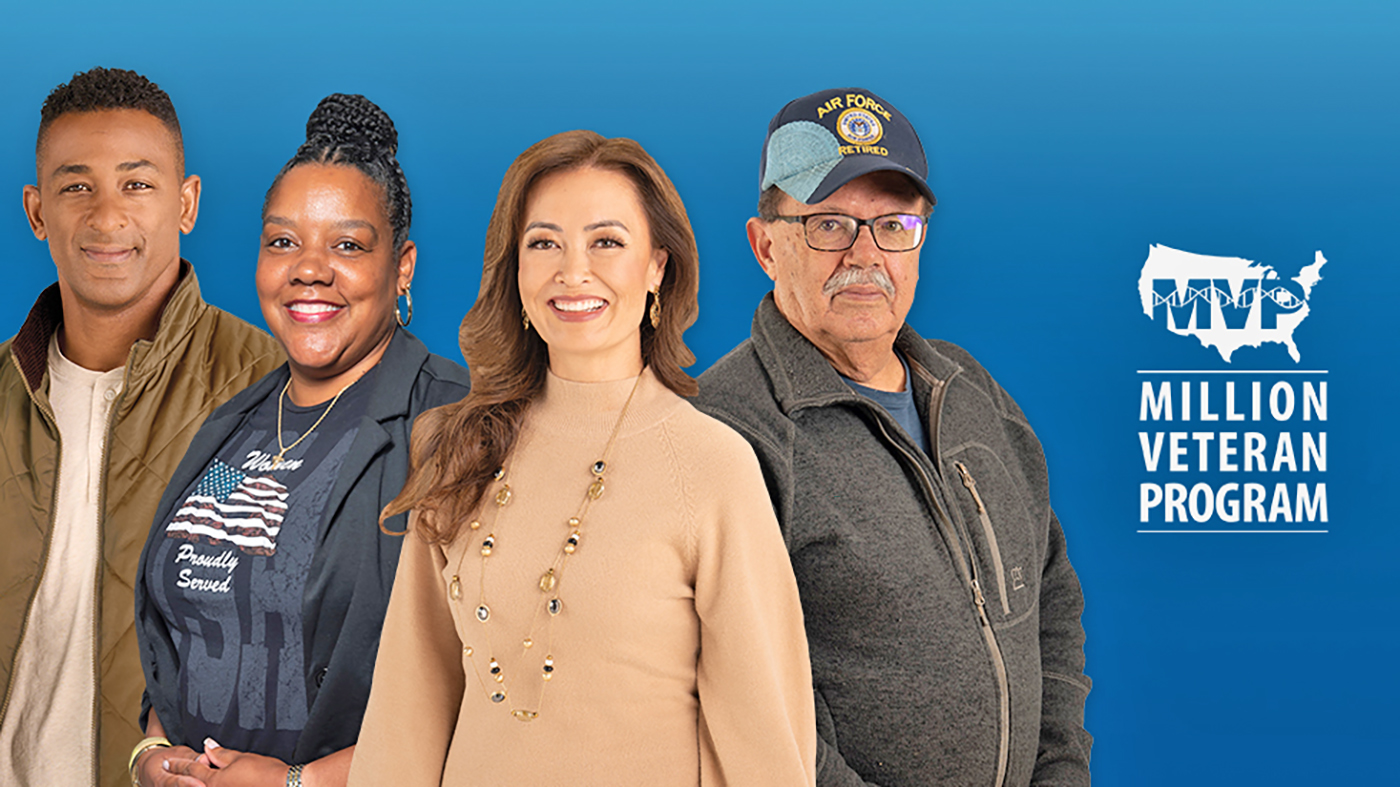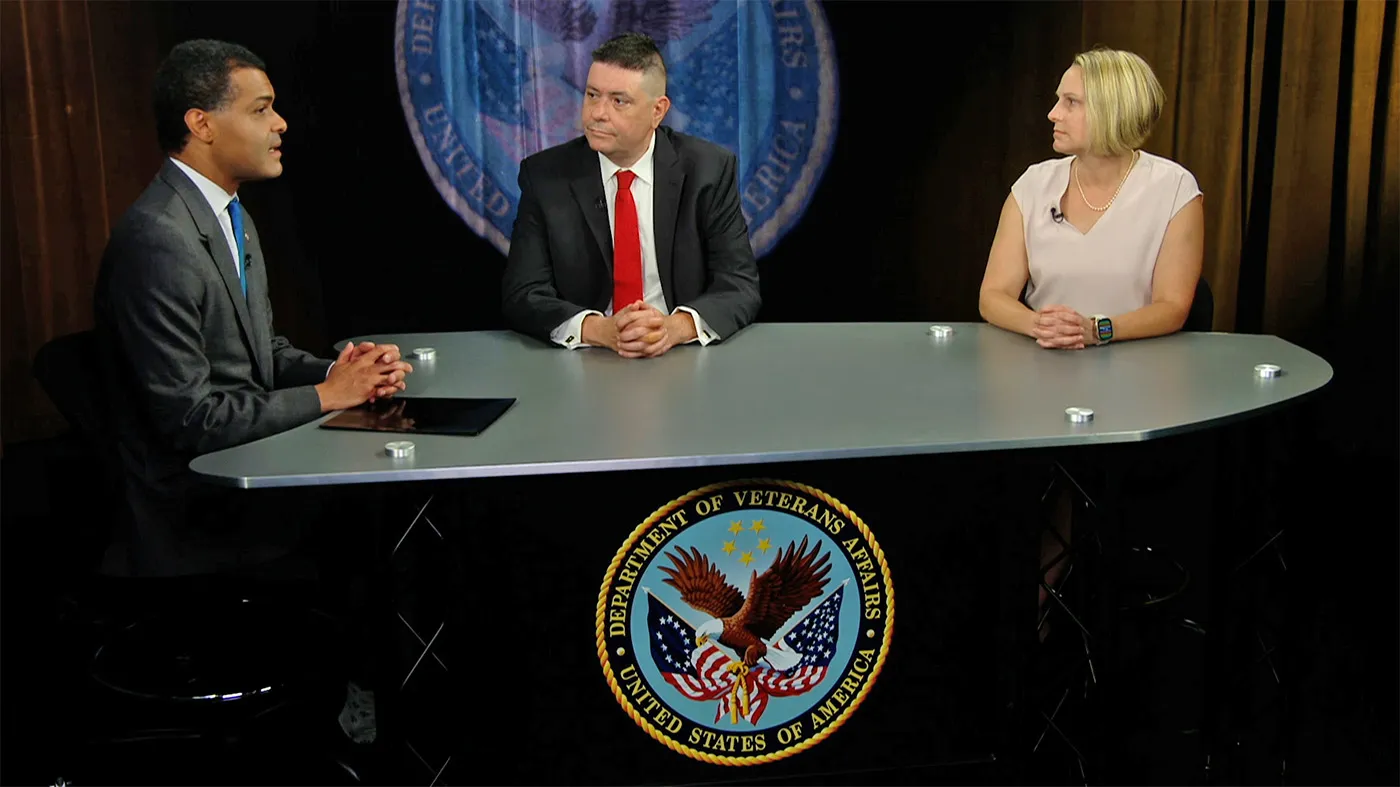Photo: ©iStock/BrianAJackson
This article originally appeared in VA Research Currents.
Less than a decade ago, Allicia Arredondo was part of a population of Veterans who are colliding with the law in some capacity, otherwise known as justice-involved Veterans. More than half of the Vets who meet that definition have mental health problems—namely PTSD, depression, or high anxiety—or substance-abuse disorders, most notably alcohol or cocaine addiction.
Arredondo not only had a substance abuse problem. She was a poster child for drug addiction. She says she injected herself with heroin “around the clock” to get high. There was no sobriety period unless she couldn’t get her hands on the narcotic, which produces a euphoric feeling. She even thought her three kids were “getting in the way of me feeding my addiction.” Her father eventually took over caring for them.
“I became that person that I didn’t even recognize,” says Arredondo, who served in the Army from 1990 to 1997. “I wasn’t myself. Heroin consumed me. My whole existence the entire day was getting and finding ways to do drugs.
“I was stealing. I was trading things that I would steal for drugs. And I tried to put myself around people that had drugs all the time. That was the only way to survive. If I wasn’t able to get high, I was going to get terribly sick. At that point, I knew I was either going to die trying to get off of the heroin, or I was going to die from doing it. I kind of felt that death was the only way I could save myself. It was that bad.”
But somehow, someway, Arredondo escaped the depths of despair. Humbled by a run-in with the law and its consequences, she re-focused her outlook on life and climbed up the professional ladder to become a full-time administrative assistant in mental health services at the Boise VA Medical Center in Idaho. That department evaluates and treats Veterans for a series of health conditions, including addictive behaviors.
How did she come full circle?
After being charged in 2011 with grand theft and forgery for stealing her father’s check and cashing it into her bank account, she was sentenced in 2013 to time in Veterans treatment court. Veterans treatment courts serve Veterans who are charged with violent or non-violent offenses. Their number has expanded rapidly from 25 in 2009 to 461 in 2016 as part of the increased VA and non-VA focus on justice-involved Veterans. (To read more about VA research on this topic, click here.)
Most of those courts require Vets to be diagnosed with a mental health or substance abuse disorder. Regarding the latter, those sentenced must make regular court appearances, attend all substance treatment sessions, and undergo frequent and random testing for drugs and alcohol, before they are eligible for release.
This was the turning point for Arredondo.
“I knew this was my only hope,” she says. “I wanted to get sober, but I didn’t know how. I couldn’t do it. I had lost the ability to live and function normally in a community. I couldn’t pay a bill. I wasn’t even responsible enough to wake myself up and get anywhere on my own. It was an absolute nightmare, and I knew that the opportunity to get into Veterans treatment court was going to be my saving grace because in every court appearance I had to make, I didn’t know if it was going to be my last one because of the uncertainty of whether I’d live to my next court date.”
Arredondo found the process in Veterans treatment court to be “terribly difficult.” But for the first time in her life, she felt she was rewarded for working really hard at something. “The harder I worked, the greater payoff I was going to get,” she says.
Eventually, Arredondo took the necessary training to become certified as a peer support specialist by the state of Idaho. She now mentors three women who are in Veterans treatment court. They are all recovering drug addicts who were charged with felony possession of a controlled substance (methamphetamines). She’s also a peer support specialist at a safe and sober house that isn’t specific to Veterans.
Part of the advice she offers Veterans whose lives are spiraling out of control because of drug addiction—like hers once was—is to go to a VA hospital for support.
“I was seeing a therapist on a regular basis at VA,” she says. “I got involved with everything. I surrounded myself with people who were in recovery, who knew how to overcome their addiction, and who could teach me how to do the same. Now, I work in behavioral health at a VA hospital, so I get to support all of the programs that saved my life. I am forever grateful for that.”
To read more of Allicia Arredondo’s story, and about VA research focused on justice-involved Veterans, click here to visit VA Research Currents.
Topics in this story
More Stories
Diverse representation of women in health care research allows MVP to make discoveries for women’s health
Join the Million Veteran Program online. You will have the option to receive an at-home blood sample collection kit in the mail.
VHA's new podcast series, New Horizons in Health, features a candid discussion of psychedelic assisted therapies for Veterans experiencing mental health conditions.






